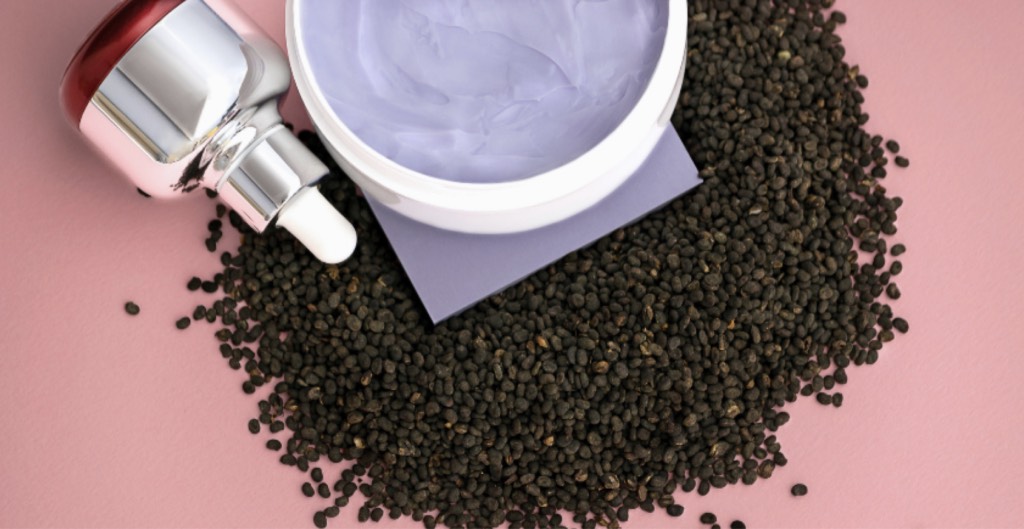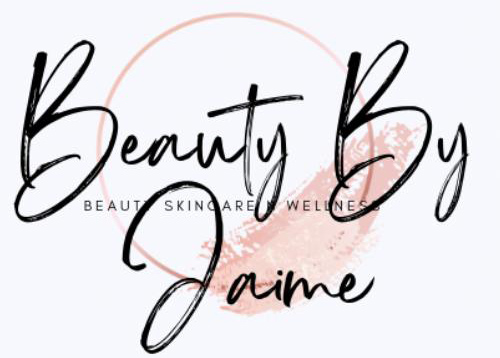If you’re someone who’s passionate about skincare, chances are you’ve heard of retinol, Retin-A, and retinoids. But with so many similar-sounding names, it’s easy to get confused about what they actually are and which one is right for your skin. Fear not, as your trusted skincare guide, we’re here to help you decode the confusion and choose the right one for your skin.
Understanding retinol, Retin-A, and retinoids
Retinoids are a group of compounds derived from vitamin A that have been shown to be effective in treating a variety of skin conditions, including acne, fine lines, wrinkles, and hyperpigmentation. The most well-known retinoids are retinol and Retin-A (also known as tretinoin), but there are many other types of retinoids available, each with its own unique benefits and drawbacks.
Retinol is a type of over-the-counter (OTC) retinoid that is less potent than prescription-strength retinoids like Retin-A. Retinol is converted into the active form of vitamin A (retinoic acid) by enzymes in the skin, which makes it a gentler option for people with sensitive skin. Retin-A, on the other hand, is a prescription-strength retinoid that is more potent than retinol and is typically used to treat more severe skin conditions like acne and hyperpigmentation.
The benefits of using retinol, Retin-A, and retinoids
Retinoids are powerful anti-aging and acne-fighting ingredients that work by increasing cell turnover and stimulating collagen production, resulting in smoother, brighter, and younger-looking skin. They are also effective in treating hyperpigmentation and improving skin texture
Retinol is a great option for those who are new to retinoids or have sensitive skin. It can help to improve skin texture, reduce the appearance of fine lines and wrinkles, and even out skin tone. Retin-A is typically used to treat more severe acne and hyperpigmentation, as it is more potent than retinol. It can also help to improve skin texture and reduce the appearance of fine lines and wrinkles.
Common misconceptions about retinoids
One common misconception about retinoids is that they are only effective for treating acne. While retinoids are certainly effective in treating acne, they also have many other benefits for the skin, including reducing the appearance of fine lines and wrinkles, improving skin texture, and evening out skin tone.
Another misconception is that retinoids are only suitable for people with oily skin. While retinoids can be helpful for people with oily skin, they can also be beneficial for people with dry or sensitive skin. It’s important to choose the right retinoid and use it properly to avoid irritation or dryness.
Choosing the right retinoid for your skin type
When it comes to choosing the right retinoid for your skin type, it’s important to consider your skin’s sensitivity and the severity of your skin concerns. If you’re new to retinoids or have sensitive skin, a low-strength retinol product may be a good place to start. If you have more severe acne or hyperpigmentation, a prescription-strength retinoid like Retin-A may be necessary.
It’s also important to consider the formulation of the retinoid product. Some retinoid products may be too harsh for certain skin types, so it’s important to choose a product that is appropriate for your skin type. For example, if you have dry or sensitive skin, you may want to choose a retinoid product that also contains moisturizing ingredients to help prevent dryness or irritation.
How to incorporate retinoids into your skincare routine
When incorporating retinoids into your skincare routine, it’s important to start slowly and gradually increase the frequency of use. Begin by using the retinoid product once or twice a week, and then gradually increase to every other night or every night, depending on your skin’s tolerance.
It’s also important to use a gentle cleanser and moisturizer when using retinoids, as they can be drying to the skin. It’s best to apply retinoids at night, as they can make the skin more sensitive to sunlight. Be sure to use a broad- spectrum sunscreen during the day to protect your skin from UV damage.
Beauty By Jaime Tips for using retinoids effectively
To get the most out of your retinoid product, it’s important to use it properly. Here are some tips for using retinoids effectively:
- Start slowly and gradually increase the frequency of use.
- Use a gentle cleanser and moisturizer to prevent dryness or irritation.
- Apply retinoids at night to avoid sunlight sensitivity.
- Use a broad-spectrum sunscreen during the day to protect your skin from UV damage.
Be patient and consistent with your retinoid use. It can take several weeks or months to see the full benefits of using retinoids.
Potential side effects of using retinoids
While retinoids can be incredibly effective in treating a variety of skin concerns, they can also cause some side effects, especially if not used properly. Some common side effects of using retinoids include:
- Dryness Redness Peeling Irritation
- Sun sensitivity
If you experience any of these side effects, it’s important to reduce the frequency of use or switch to a lower-strength product. If you have severe side effects or are concerned about your skin’s reaction to retinoids, it’s best to speak with a dermatologist.
Alternatives to retinoids for sensitive skin

If you have sensitive skin or are unable to tolerate retinoids, there are other ingredients that can be effective in treating skin concerns like fine lines, wrinkles, and hyperpigmentation. Some alternatives to retinoids include:
Bakuchiol: A plant-based ingredient that has been shown to have similar anti-aging benefits to retinoids, without the potential for irritation.
Vitamin C: An antioxidant that can help to brighten the skin, even out skin tone, and improve the appearance of fine lines and wrinkles.
AHAs and BHAs: Alpha-hydroxy acids (AHAs) and beta-hydroxy acids (BHAs) can help to exfoliate the skin, improve skin texture, and reduce the appearance of fine lines and wrinkles.
Retinoid products to try
If you’re interested in incorporating retinoids into your skincare routine, here are some products to try:
The Ordinary Granactive Retinoid 2% Emulsion: A low-strength retinoid product that is gentle enough for sensitive skin.
Wisp: A prescription-strength retinoid.
SkinCeuticals Retinol 0.5 Refining Night Cream: A retinol product that also contains moisturizing ingredients to prevent dryness or irritation.
Retinoids are a powerful group of compounds that can be incredibly effective in treating a variety of skin concerns. Whether you choose to use retinol, Retin-A, or another type of retinoid, it’s important to choose a product that is appropriate for your skin type and to use it properly to avoid irritation or dryness. If you have any concerns or questions about using retinoids, be sure to speak with a dermatologist. With proper use, retinoids can help you achieve smoother, brighter, and younger-looking skin.

